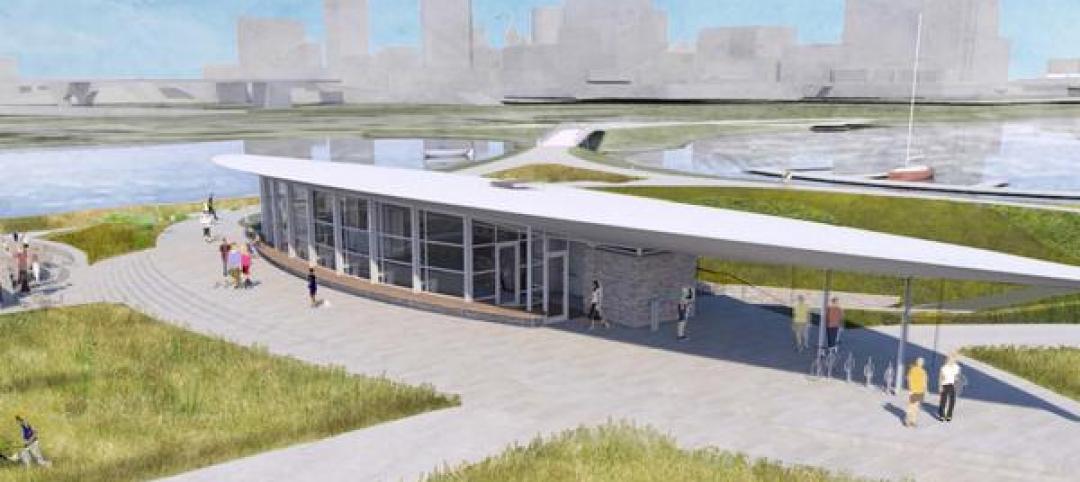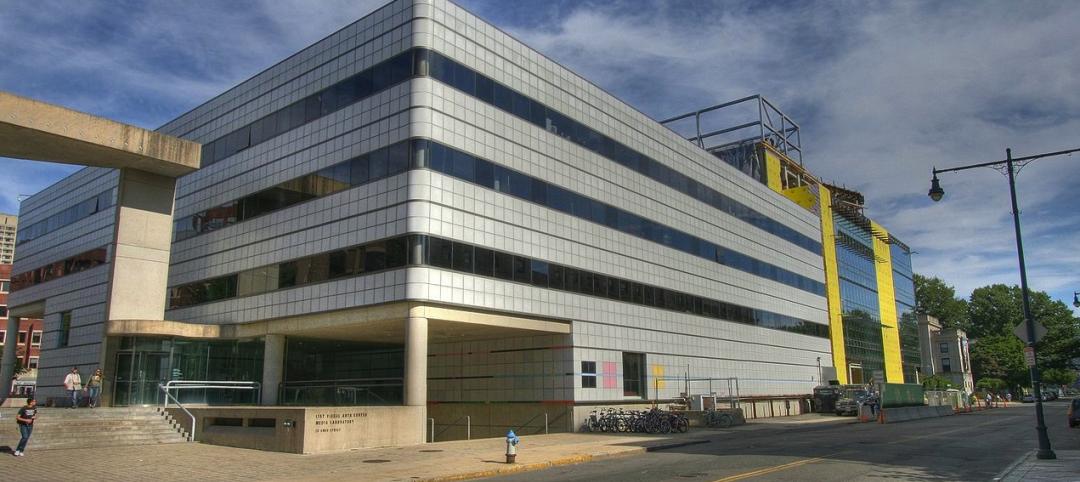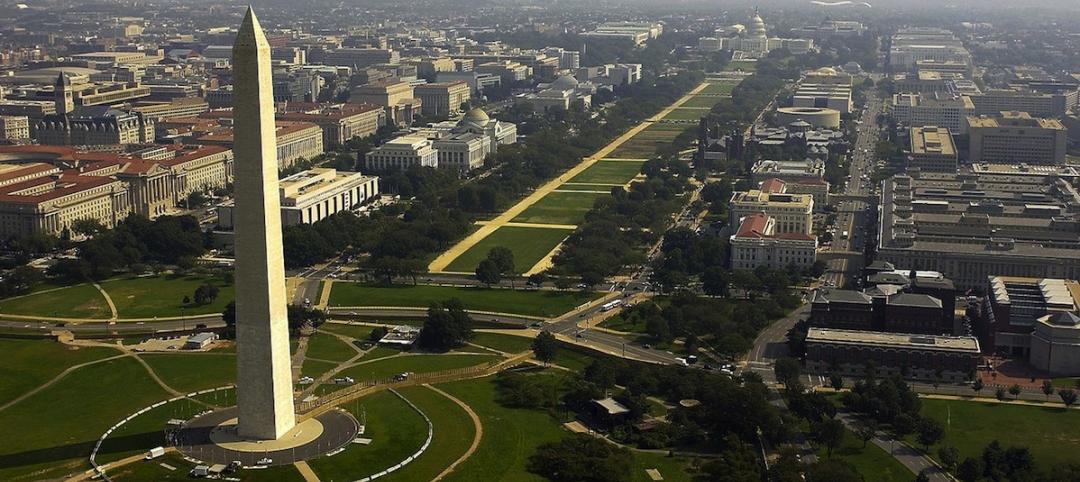Cities around the world are setting building performance standards (BPS) as a key measure to cut emissions and meet climate targets, according to a report from JLL.
In the U.S., 13 cities have a BPS in place and more than 30 additional cities plan to pass a BPS by no later than 2026. As of early 2024, these policies already cover about 25% of all buildings in the U.S.
BPS mandate specific building-level energy use and emissions reductions. The limits set by BPS become increasingly stringent over time and typically include sizable fines for non-compliance.
In January 2022, the U.S. launched the National BPS Coalition to help cities move from prescriptive to performance-based codes that require reductions in emissions and energy use, leaving it up to the owners to decide how to meet them. Many building owners will have to retrofit their properties to avoid a financial double whammy.
“Not only are non-compliant properties exposed to escalating fines, but they also face additional increasing risks associated with the fact that they are not low carbon properties,” says JLL’s Jaime del Alamo. “These assets could face indirect liquidity issues, for example, as they may prove more challenging to sell, leading to significant value erosion over time.”
Related Stories
Green | Apr 20, 2015
USGBC opens public comment period for LEED for existing multifamily buildings
The new LEED Operations and Maintenance: Multifamily program will offer solutions for existing multifamily projects with at least 20 units.
Cultural Facilities | Apr 16, 2015
Milwaukee’s Lakeshore State Park visitor center will be ‘off the grid’
The plans also include a built-in wastewater treatment system and rainwater collection.
Green | Apr 16, 2015
Passive House Institute introduces new categories for building certification
The new evaluation procedure considers the building in an environment where only renewable energy is used. Sun and wind provide the primary electricity.
Green | Apr 16, 2015
New version of Building Energy Data Exchange Specification launched
BEDES is a dictionary that facilitates consistent exchange of building characteristics and energy use data between tools and databases in the building energy efficiency sector.
Green | Apr 14, 2015
USGBC will recognize energy and water standards for the Living Building Challenge
This move means that projects achieving the energy and water requirements in Living Building Challenge will be considered as technically equivalent to LEED.
Green | Apr 7, 2015
USGBC survey shows Fortune 200 companies prioritize green building
The world’s top-performing companies are prioritizing sustainability as part of their corporate social responsibility efforts, and a majority of them are using LEED to achieve their goals, according to the new survey.
Codes and Standards | Apr 6, 2015
DOE releases Better Buildings Workforce Guidelines
The guidelines are aimed at strengthening and streamlining commercial building workforce training and certification programs for workers in energy auditing, building commissioning, building operations, and energy management.
Green | Apr 3, 2015
Georgia may ban use of LEED on state buildings
Georgia's state legislature is considering a measure to require all state buildings to only use green building standards that permit the use of Georgia's lumber.
Green | Apr 3, 2015
Energy benchmarking law helps make D.C. top ranked Energy Star city
First-in-the-nation law requires public reporting of annual energy performance
Green | Apr 1, 2015
Global wind power installations expected to slow through 2019
After a 20% falloff in 2013, the global wind power industry made a strong comeback in 2014, with a record 51.2 gigawatts installed. But a new report from Navigant Research forecasts a curtailment in growth.














